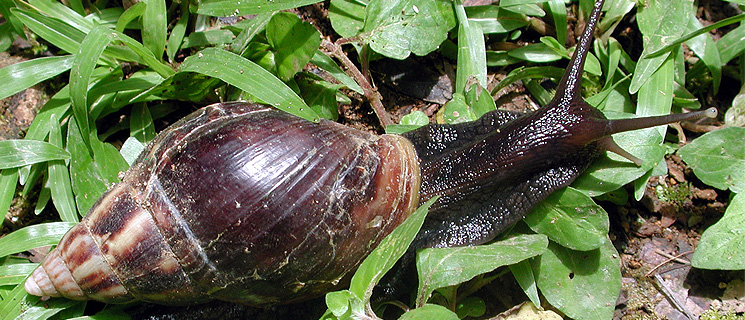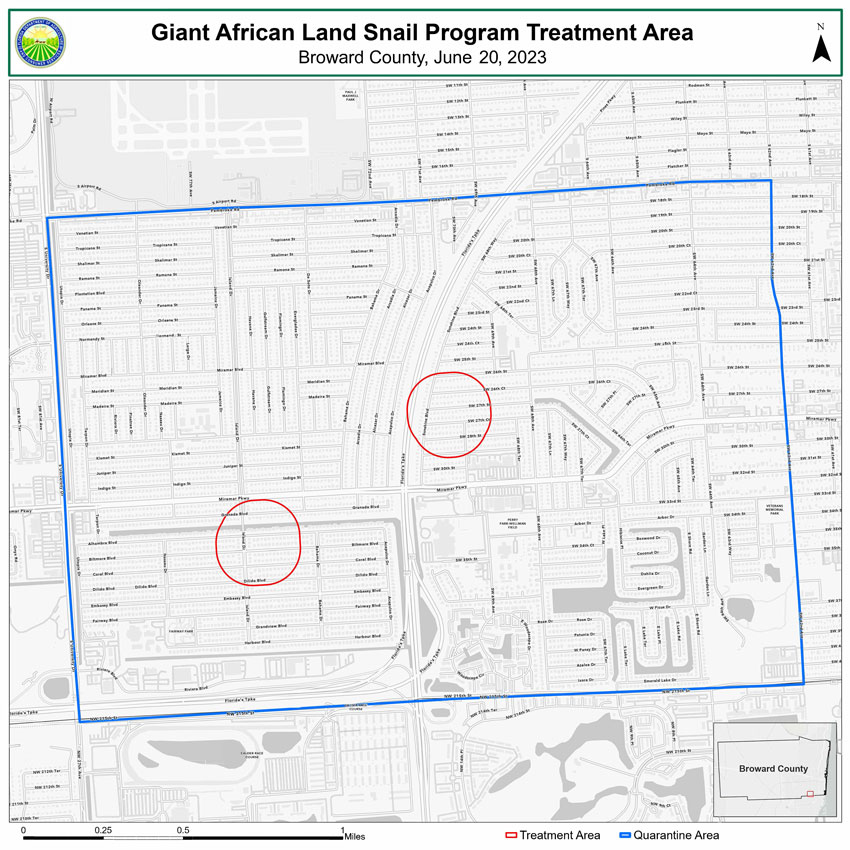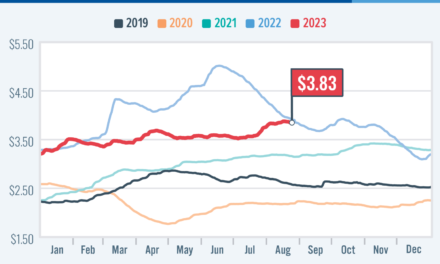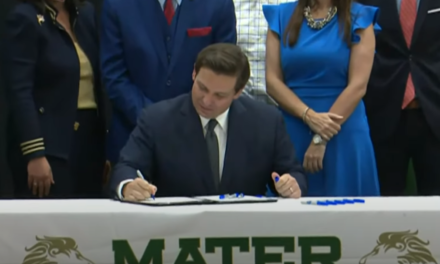
Giant African Land Snail Quarantine Established in Broward County
Tallahassee, Florida – The Florida Department of Agriculture and Consumer Services and its Division of Plant Industry announced that a quarantine and treatment area has been established in specific areas of Broward County in response to previously detected giant African land snails. Under the quarantine, it is unlawful to move a giant African land snail or a regulated article, including, but not limited to, plants, plant parts, plants in soil, soil, yard waste, debris, compost or building materials, within, through or from the defined quarantine area without a compliance agreement.
In June, a detection of giant African land snail was confirmed in the Miramar area of Broward County, prompting required increased survey. As treatment begins, FDACS will continue to use the same treatment methodology for this pest which is a metaldehyde-based molluscicide (snail bait) and is approved for residential use.
The quarantine area starts at the intersection of Pembroke Road and South University Drive; proceeds south on South University Drive to NW 215th St. From this intersection, it proceeds east to SW 62nd Ave. At this intersection, it progresses north to Pembroke Road. The quarantine proceeds west on Pembroke Road to its intersection with South University Dr. The quarantine and treatment areas can be found on the map below:
The snail reproduces about 1,200 eggs in a single year. They can grow up to eight inches in length and nearly five inches in diameter — “about the size of an average adult fist,” the department says.
All publicly available information on giant African land snails and the current quarantine can be found at FDACS.gov/GALS.
The giant African land snail is one of the most damaging snails in the world, consuming at least 500 different types of plants. These snails could be devastating to Florida agriculture and natural areas as they cause extensive damage to tropical and subtropical environments. The snails also pose a serious health risk to humans by carrying parasite rat lungworm, known to cause meningitis in humans. Giant African land snails are illegal to import or possess in the United States without a permit.
















